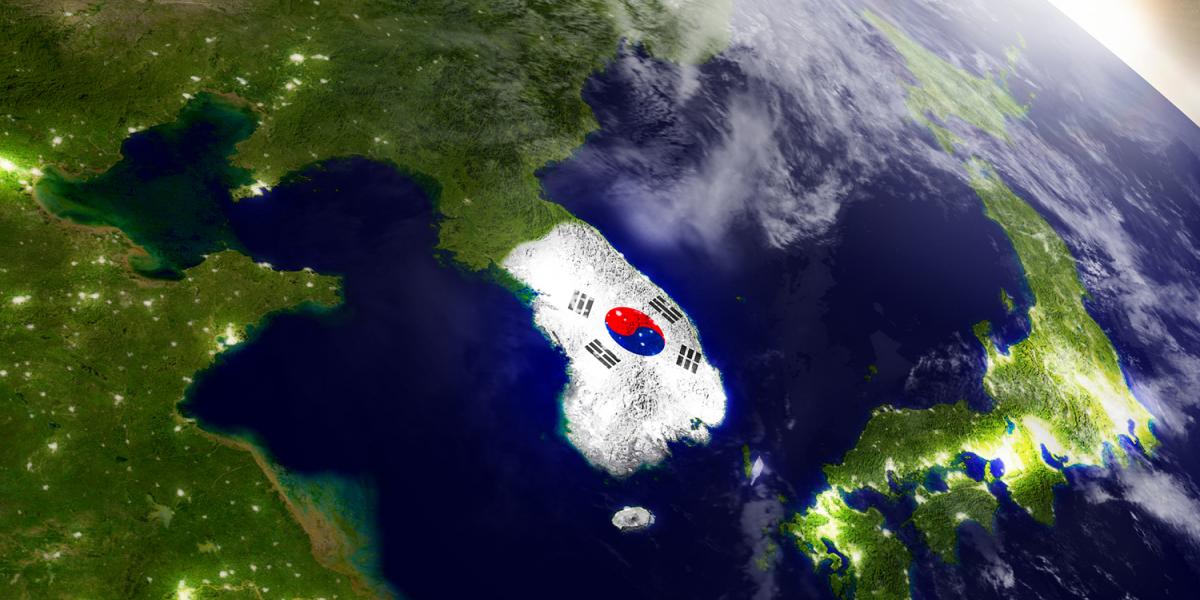You are here

On 15 January 2019 Korea’s Industrial Safety and Health Law (ISHL) was amended by Law No. 16272. The amended law will enter into force one year from promulgation. However, new SDS rules will enter force two years after promulgation.
Verisk 3E Analysis
Law No. 16272 is the finalized bill of the Ministry of Employment and Labor (MoEL) draft Public Notice No. 2018-66 published on 9 February 2018.
The objectives of this amendment are to:
- Expand the coverage of ISHL by strengthening safety and health measures
- Strengthen the responsibility of company representatives for the prevention of industrial accidents
- Strengthen remediation measures in the event of major disasters
- Restrict contracts of harmful or dangerous work for the safety and health of workers
- Protect customer service workers
- Meet the international safety standard for Safety Data Sheets (SDS) and prior permission from the Ministry of the Environment required in the case of confidential business information (CBI) on SDSs
- Increase penalties for breaches of ISHL
Key highlights to the new SDS rules under ISHL No. 16272 include a requirement that the SDS be submitted not only to the companies but also the MoEL. Consequently, the MoEL intends to collect all SDSs in order to utilize them to implement further effective chemical management.Additionally, if the chemical name and content do not fall under the hazard classification criteria and are not listed on the SDS the information should be reported to the MoEL.
Furthermore, manufacturers or importers who claim confidential business information (CBI) protection on substances and their composition should use an alternative name and content range with an advance approval from the MoEL.
The new SDS rules will come into force two years after the promulgation (in 2021). However, for SDSs for existing substances and mixtures which have already been circulating on the Korean market the MoEL will grant an additional five year transitional period to adapt to the new regulations.
Business Impact
In Korea ISHL regulates the use of chemicals in the workplace with a goal of protecting workers from exposure to hazardous chemicals. The ISHL requires any person who manufactures or imports new substances to investigate the hazards of new substances and submit the investigation report to the MoEL. Under ISHL, any person who transfers or supplies a chemical substance or preparation shall classify the chemical according to national classification standards, prepare a SDS and label it properly if classification criterion is met.
The amended ISHL requires manufacturers and importers to submit their SDSs to the MoEL in addition to providing them to their recipient companies. Furthermore, the substances that are eligible for CBI that have not been displayed previously on SDSs will need to be indicated with alternative names.
Companies are given a two year transitional period to comply with the new SDS rules and an additional five year transitional period for making changes on SDSs for existing substances and mixtures. Therefore, by 2026 all SDSs for new and existing chemicals must be compliant with new SDS regulations.

 Top
Top